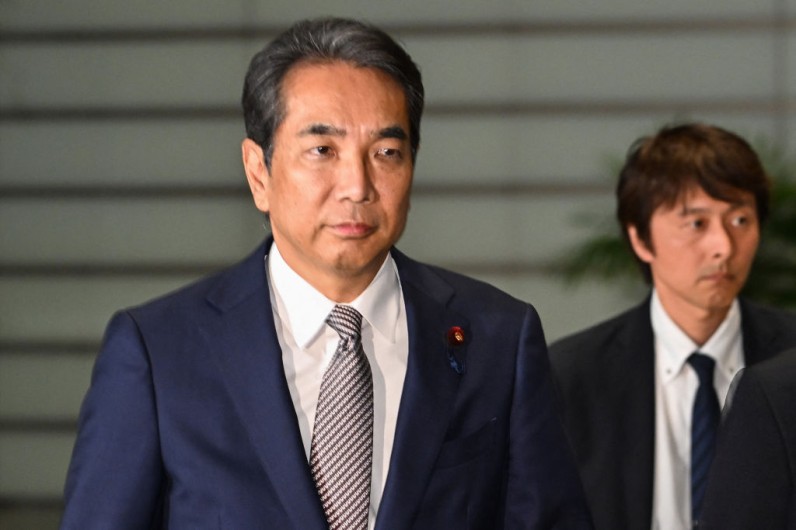
Japan's Agriculture Minister Taku Eto resigned on Wednesday following strong backlash over a comment about receiving free rice from supporters, which many saw as out of touch during a time of soaring food prices.
His departure marks the first Cabinet resignation under Prime Minister Shigeru Ishiba's leadership and comes just weeks before a key national election.
According to AP News, during a seminar in Saga Prefecture on Sunday, Eto remarked that he never needed to buy rice, as supporters regularly gave him enough to meet his needs—a comment that has sparked public discussion.
The comment drew swift criticism from both ruling and opposition lawmakers, as well as the public, who are struggling with high rice prices and limited supply.
"I made an extremely inappropriate remark at a time when consumers are struggling with soaring rice prices," Eto said after submitting his resignation.
"It is not appropriate for me to stay." He clarified that he does purchase white rice himself and was referring to brown rice gifts meant to promote quicker market availability.
Agriculture Minister Taku Eto resigned today after outrage over his comment that he "never had to buy rice" due to donations from political supporters.
— 由仁アリン Arin Yuni (@Arin_Yumi) May 21, 2025
As rice prices skyrocket, his remark was seen as tone-deaf & disconnected from the struggles of ordinary households. pic.twitter.com/ftgwV8Uqyk
Eto Resigns Under Pressure as Rice Crisis Deepens
Prime Minister Ishiba initially reprimanded Eto but did not remove him from office. However, mounting pressure from opposition parties forced a shift.
Lawmakers warned they would submit a no-confidence motion if Eto didn't resign by Wednesday afternoon, increasing political pressure for his departure, TheJapanTimes said.
Shinjiro Koizumi, former environment minister and son of former Prime Minister Junichiro Koizumi, is expected to succeed Eto in a key government role.
Koizumi is seen as a popular figure who could help stabilize the government ahead of the upcoming Upper House election.
The controversy arrives at a difficult time for Ishiba's minority government. Japan is facing a rice shortage caused by poor harvests in 2023, increased fertilizer costs, and disrupted supply chains.
Panic buying last August and complex distribution systems have only worsened the problem.
Despite government efforts, including releasing emergency rice stockpiles, supermarket shelves remain understocked. Some stores have started selling cheaper imported rice to meet demand.
Ishiba acknowledged the deeper issue, calling the situation a "structural problem," and pledged to strengthen Japan's food self-sufficiency. Critics argue that urgent action is needed now, especially as rice remains a key part of Japanese culture.
"Rice is the stable food for the Japanese," said 73-year-old Shizuko Oshima. "When its prices are rising every week, Eto's resignation is only natural."







Join the Conversation